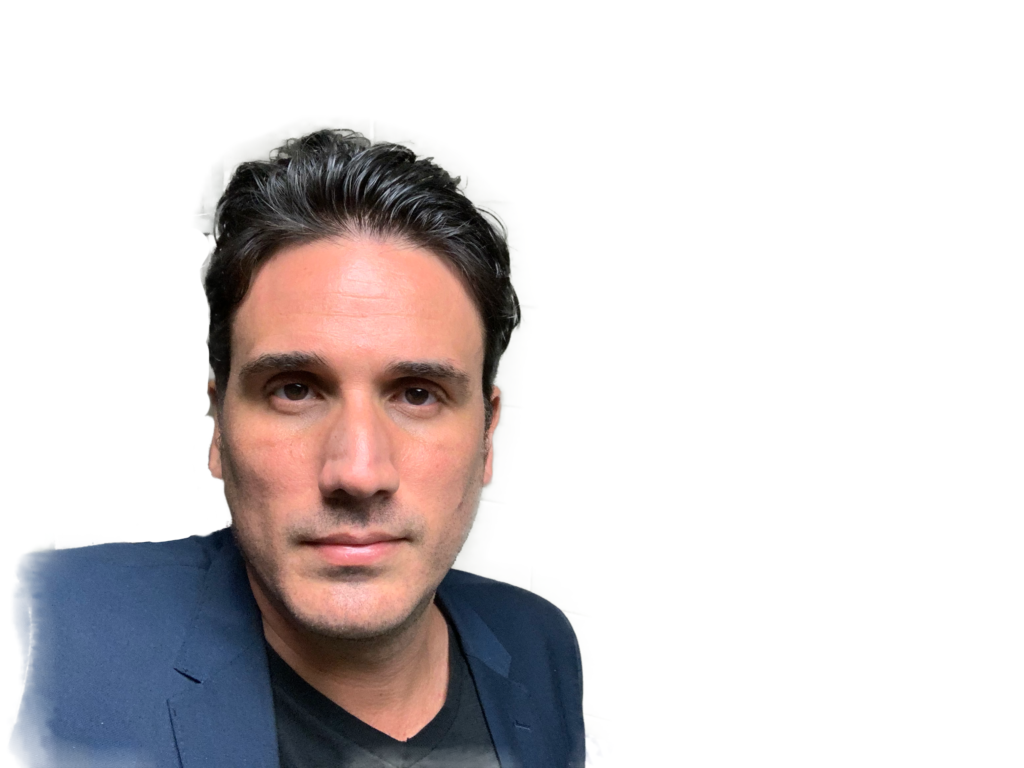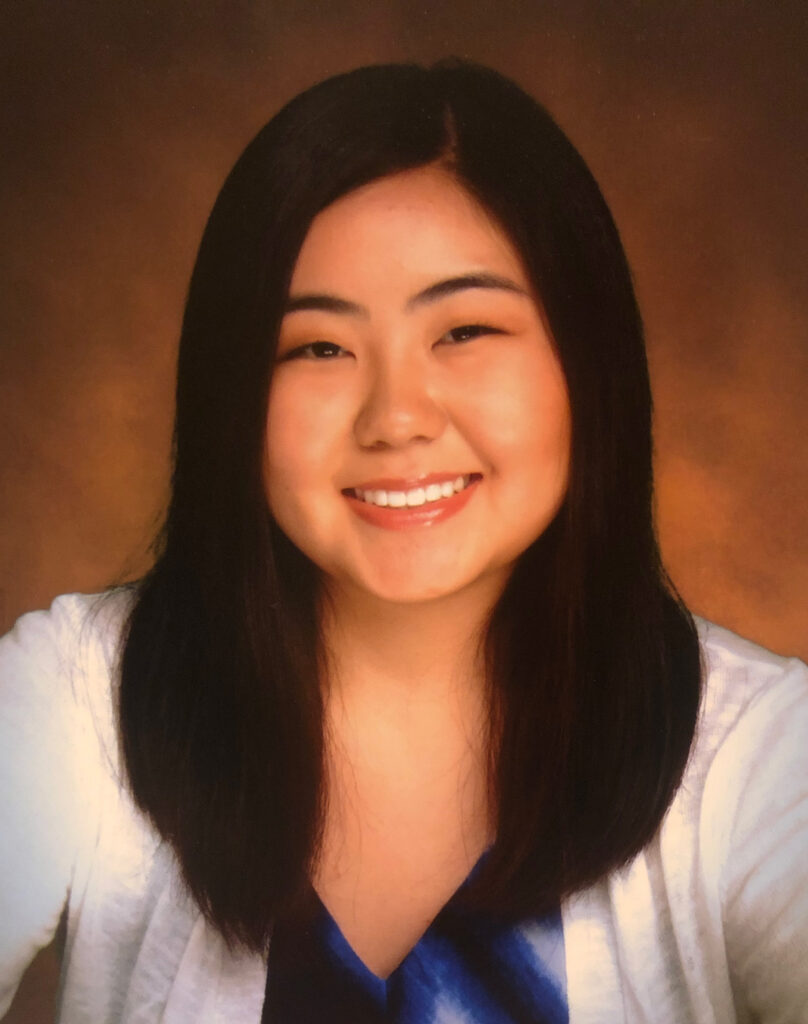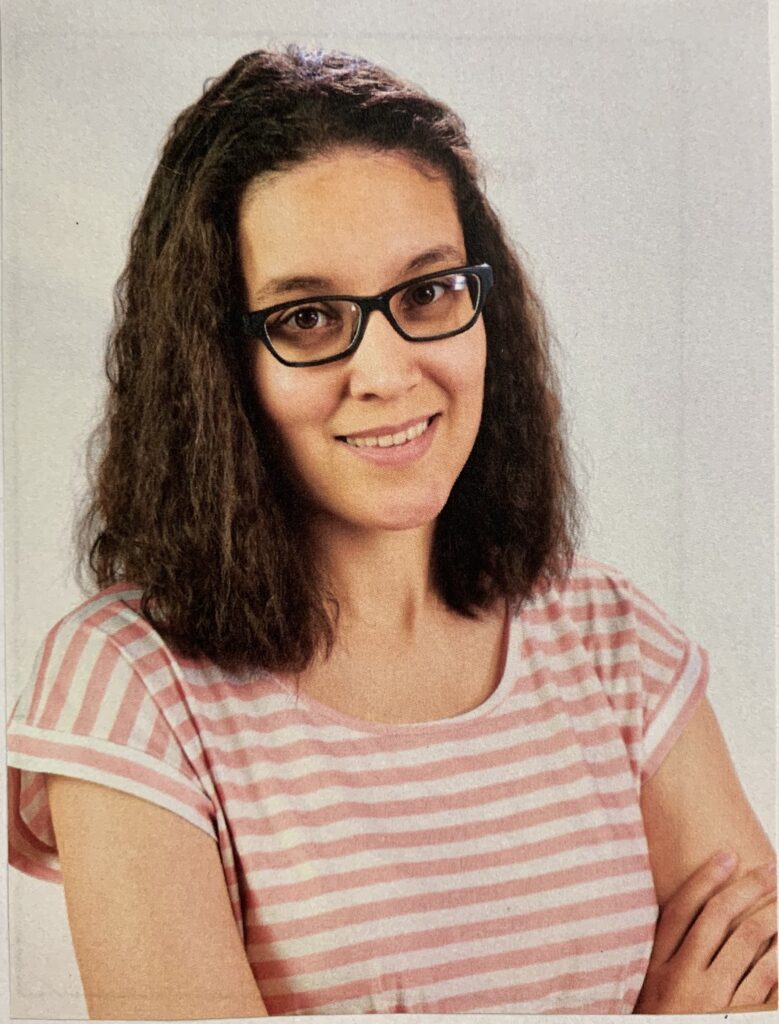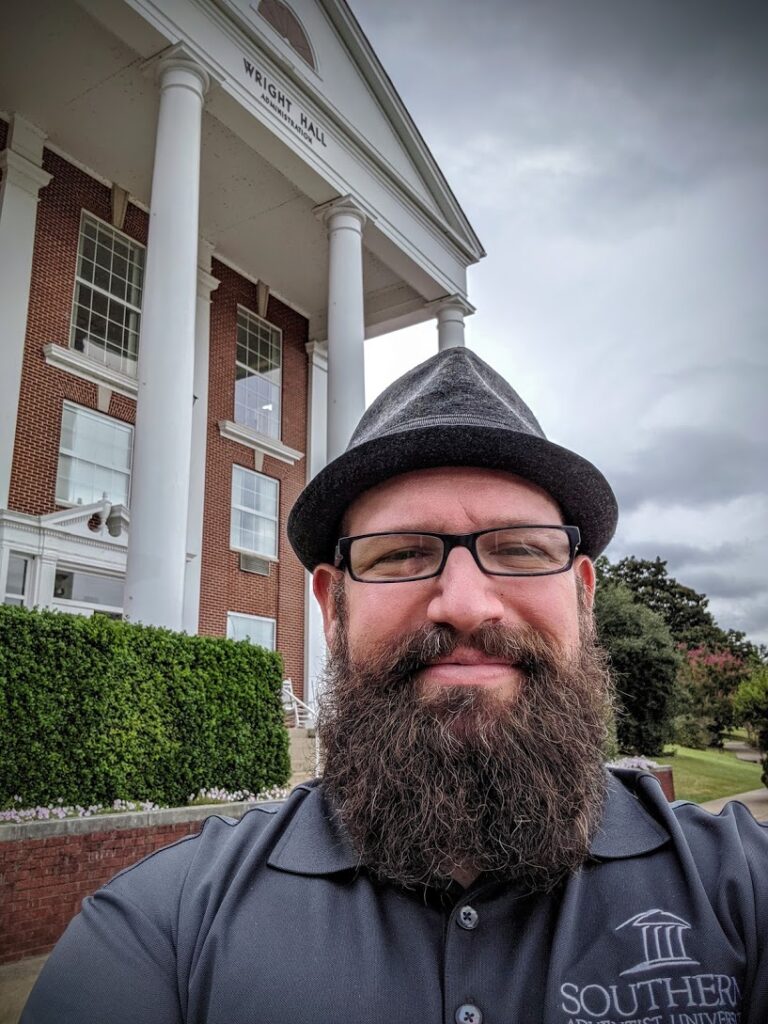
Hi, my name is Zach Roberts. I am a senior at Southern Adventist University. Although I am not a member of any Adventist congregation, I attend one every weekend, and I have worked at an Adventist summer camp and now attend an Adventist university, of course. I like to say I am 60% Adventist (at least), but I am not a member.
I was first introduced to Adventism when I was 17 years old. Prior to that, I I had not heard of the religion. Now, my life is full of Adventists. Probably over 80% of the people I know and interact with fall under that category.
When I am at Southern Adventist University, I am surrounded by Adventists. When I am back home and attending Statesville Seventh-day Adventist Church, I am surrounded by Adventists. But the experience could not be more different. Why? At first glance, there is a quick answer to that question. And, as with a lot of things, it’s largely demographic.
At school, I’m largely interacting with 18–24-year-olds, with a few exceptions. At home and at church, it’s much more of a 50+ (emphasis on the plus) range, with, of course, a few exceptions.
Yes, being Adventist results in quite a few common ideologies, such as the Sabbath, what’s clean to eat and many other things. But there is a stark contrast in perspectives. On things that aren’t necessarily taught in the church, there’ has been a fairly drastic shift from one generation to the next, in my personal experience.
That’s what makes this so interesting to me. I see the differences first-hand. I live them out. One place feels a lot different than the other, despite seemingly being in similar surroundings. I think that, through research this semester, my experience will be borne out through the data. There is a generational divide in the church, as with everything in the world these days, and it only seems to be widening.
Not being an Adventist lends me a unique perspective to this, but it also leaves me with a few questions. Most of the people I’m around at school come from similar environments as my home church, so why does this divide exist? Why is it such a powerful divide? Is this universal across different areas? There’s only one way to find out.




